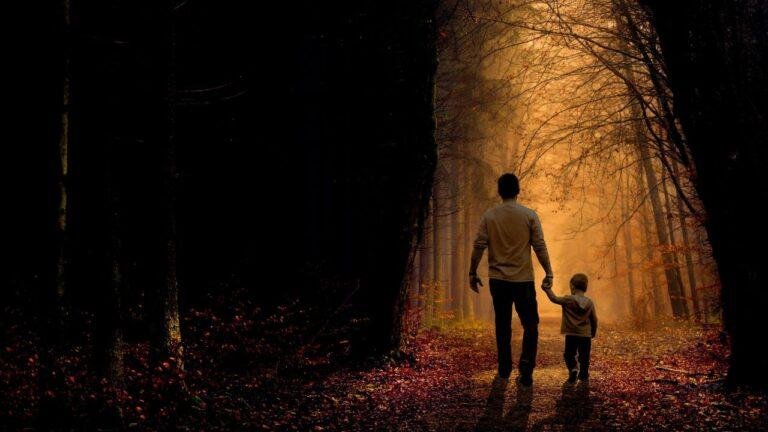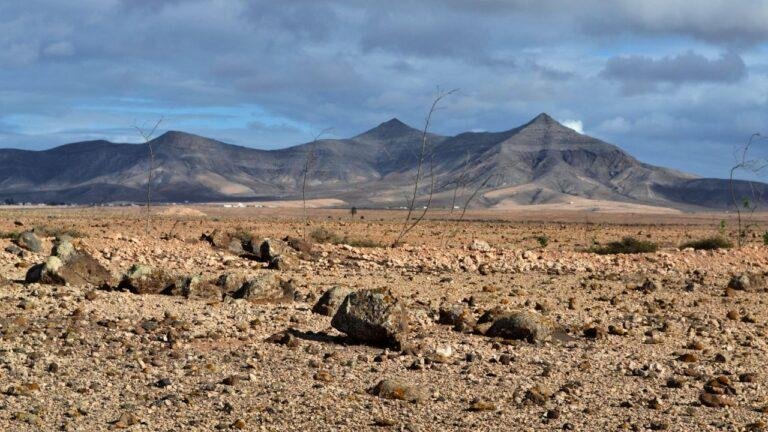Who alone can rescue?
Evil and death are too strong for me – but they are not too strong for Jesus. He alone can rescue.
Read, watch or listen to recent services and sermons.

Evil and death are too strong for me – but they are not too strong for Jesus. He alone can rescue.

How does Job point to Jesus? What is the link between righteousness and suffering?

Elihu is much maligned, but he calls us to listen to God, ignore Satan’s lies, and put our trust in the Almighty God.

Most of us experience life as a mix of blessing and pain – what can we learn from Job’s honesty?

The book of Job does answer our questions, not as we might want but as we need: God gives us himself.

In that deepest, darkest of nights Job saw clearly that however much he felt God was against him, ultimately God was for him.

A Bible reading, drama, interviews and talk – focusing on how people only know about Jesus because someone has told them.

Job is not satisfied with the way his wife and friends respond to his suffering, so he turns to God – but where do we turn?

Job’s friends have a simple answer to his suffering: he must have sinned. But was their judgement correct?

Job finally expresses his bitter soul and the pain he feels inside – but are there any seeds of hope in his deep darkness?

God is sovereign – and gives terrible permissions to Satan. Though he doesn’t understand, Job still finds a way to worship God.

We cannot be God’s people without the Spirit, we need him within us to enable us to walk and live as children of God – in step with the Spirit.